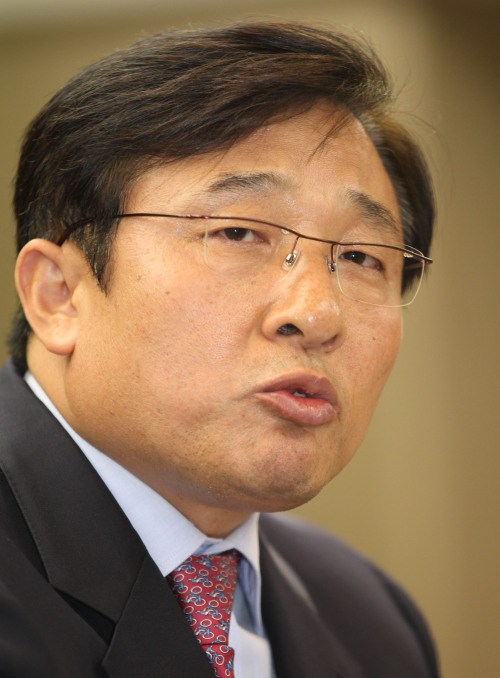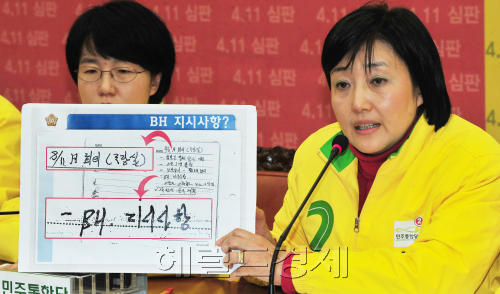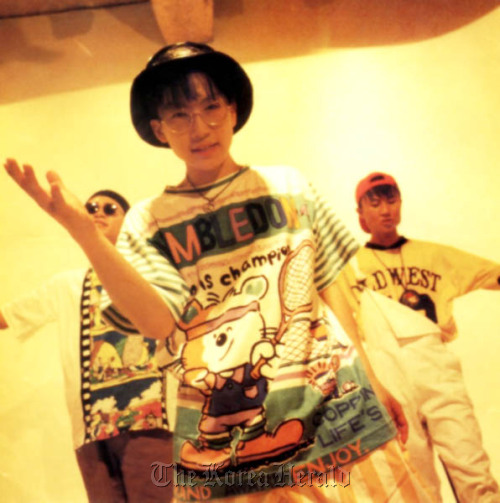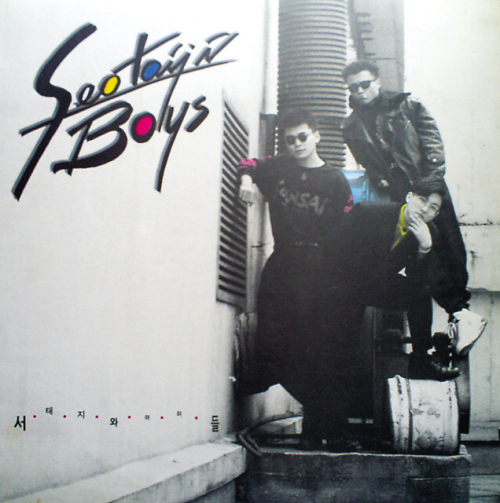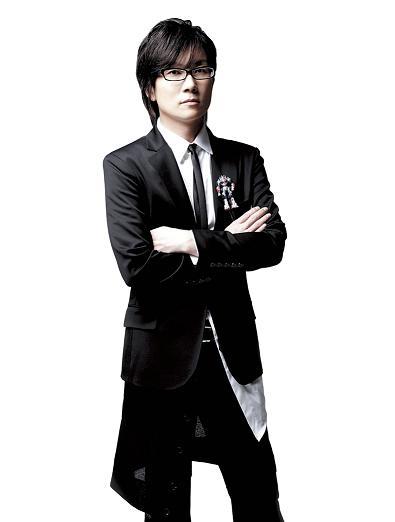South Korea's ruling party on Saturday called for a special probe into
allegations the government carried out extensive spying on both public servants
and private citizens.
Striking journalists at public broadcaster KBS reported in a news program posted on the Internet Thursday that they obtained 2,619 individual government reports that an ethics team under the Prime Minister's Office drew up in 2008-2010 after spying on top officials, politicians, journalists and civilians.
According to the report, the documents showed that the team, which is tasked with ensuring public officials are not involved in corruption, recklessly collected information on not only government officials, but also civilians considered critical of the government, such as labor union leaders and reporters at unfriendly media firms.
"The case is a criminal act that infringes on human rights and destroys democracy," Lee sang-il, a spokesman for the ruling Saenuri Party, said in a news conference. "Prosecutors' past investigation results fell short of clearing all suspicions surrounding the case, so we demand the launch of a special probe into the case."
The Prime Minister's Office dismissed the disclosed documents as nothing new, saying they were part of evidence prosecutors seized, reviewed and turned in to the court when they first investigated the case in 2010.
The office said in a statement the ethics team has since changed its name and undergone a thorough overhaul, and that the reformed team has been carrying out its missions strictly according to the law.
The new revelations, however, added to an already snowballing scandal surrounding the government's illegal surveillance of a businessman critical of President Lee and the presidential office's alleged attempt to cover that up.
The politically sensitive case, which could affect the results of the April 11 parliamentary elections, re-emerged early this month after prosecutors relaunched an investigation into allegations first made in 2010.
Earlier this month, prosecutors reopened an investigation into the surveillance scandal after one of the officials involved claimed the presidential office attempted to cover up the illegal operation.
Following the previous investigation, seven officials were indicted for the illegal surveillance of the businessman, who in 2008 posted a video clip criticizing the Lee government for resuming U.S. beef imports. The 2010 investigation concluded the presidential office was not involved. (Yonhap News)
Striking journalists at public broadcaster KBS reported in a news program posted on the Internet Thursday that they obtained 2,619 individual government reports that an ethics team under the Prime Minister's Office drew up in 2008-2010 after spying on top officials, politicians, journalists and civilians.
According to the report, the documents showed that the team, which is tasked with ensuring public officials are not involved in corruption, recklessly collected information on not only government officials, but also civilians considered critical of the government, such as labor union leaders and reporters at unfriendly media firms.
"The case is a criminal act that infringes on human rights and destroys democracy," Lee sang-il, a spokesman for the ruling Saenuri Party, said in a news conference. "Prosecutors' past investigation results fell short of clearing all suspicions surrounding the case, so we demand the launch of a special probe into the case."
The Prime Minister's Office dismissed the disclosed documents as nothing new, saying they were part of evidence prosecutors seized, reviewed and turned in to the court when they first investigated the case in 2010.
The office said in a statement the ethics team has since changed its name and undergone a thorough overhaul, and that the reformed team has been carrying out its missions strictly according to the law.
The new revelations, however, added to an already snowballing scandal surrounding the government's illegal surveillance of a businessman critical of President Lee and the presidential office's alleged attempt to cover that up.
The politically sensitive case, which could affect the results of the April 11 parliamentary elections, re-emerged early this month after prosecutors relaunched an investigation into allegations first made in 2010.
Earlier this month, prosecutors reopened an investigation into the surveillance scandal after one of the officials involved claimed the presidential office attempted to cover up the illegal operation.
Following the previous investigation, seven officials were indicted for the illegal surveillance of the businessman, who in 2008 posted a video clip criticizing the Lee government for resuming U.S. beef imports. The 2010 investigation concluded the presidential office was not involved. (Yonhap News)




